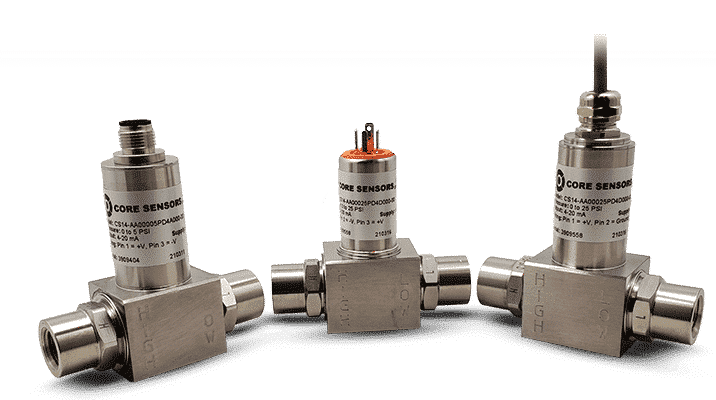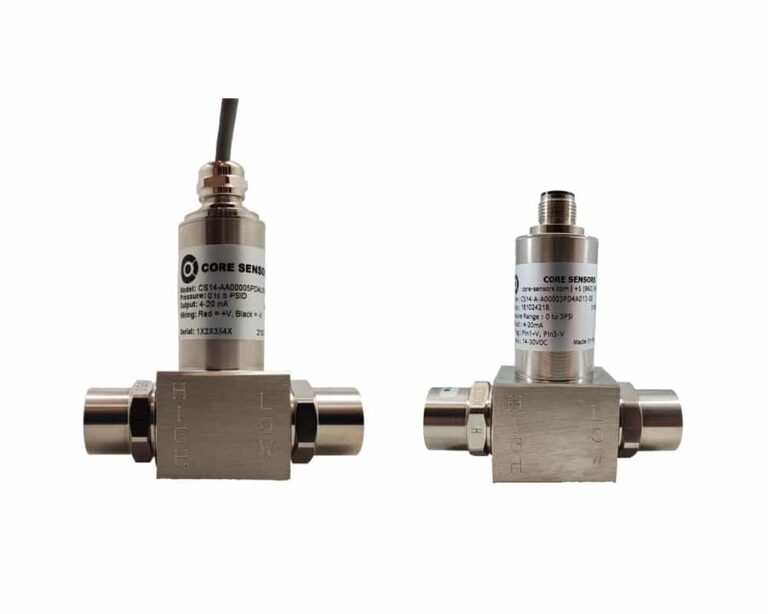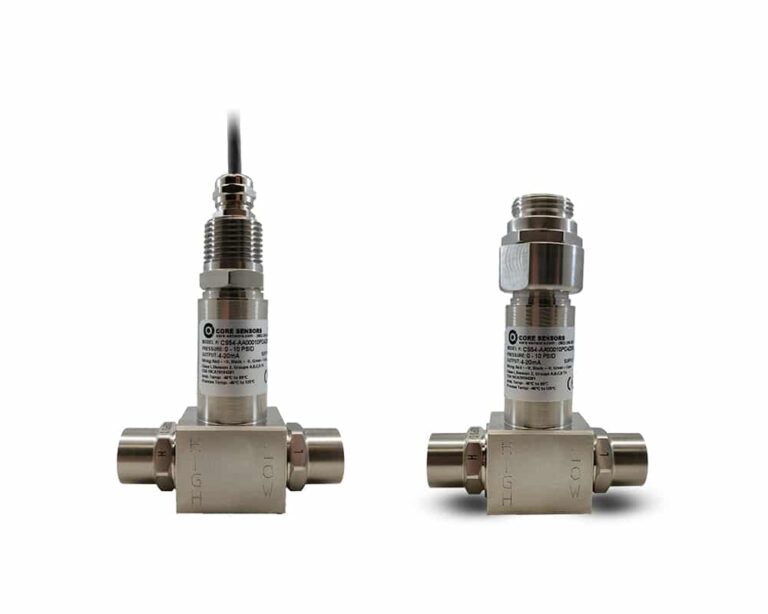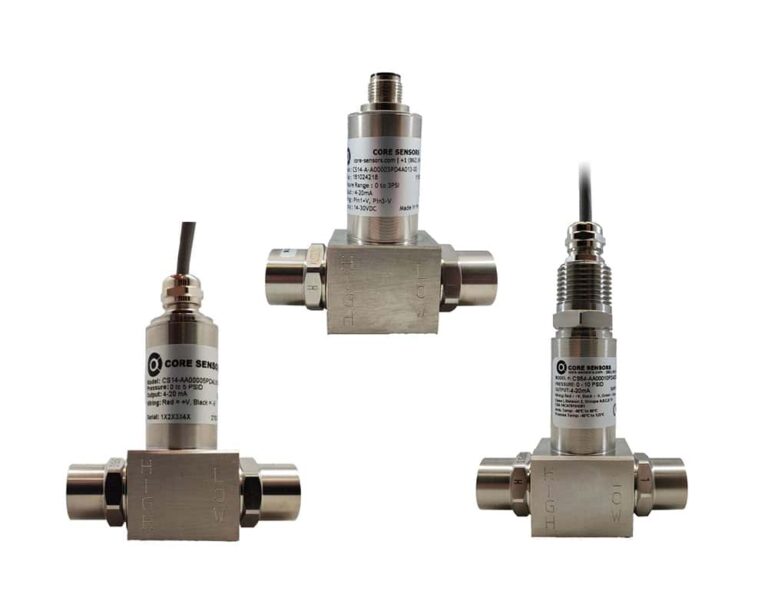Please be advised that due to the ongoing supply issues with raw materials affecting the global electronics industry, as well as an increase in orders received by our manufacturing partners, a large number of products are facing increased lead times in recent months. For the latest lead time and stock availability, please contact one of our engineers who will be happy to discuss lead times further and the potential for alternative parts.
Differential Pressure Sensors series
Differential pressure sensors, crucial in various engineering applications, measure the pressure difference between two points in a system. These sensors enable precise monitoring of pressure variances, aiding in the assessment of flow rates, fluid levels, or filter conditions. Commonly used in HVAC systems, automotive applications, filtration systems and fuel tank leveling, they ensure optimal performance by detecting changes in pressure across devices. Employing a diaphragm or other sensitive mechanisms, these sensors convert pressure differentials into electrical signals, facilitating accurate data acquisition. Engineers rely on these instruments for real-time insights into fluid dynamics, enhancing system efficiency and reliability.

- Wet/wet differential pressure transducer
- Differential pressure ranges up to 300 PSI
- Line pressure up to 500 PSI
- Accuracy of ≤±0.25% BFSL at 25°C
- Stability of ≤±0.25% of FS
- Pressure cycles of 4 million
- Overpressure of 2x or 500 PSI
- Non-Incendive Differential Pressure Transducer
- Differential pressure up to 50 PSI
- Line pressure up to 500 PSI
- Accuracy of ≤±0.25% BFSL / ≤±0.5% BFSL (2 PSI & below)
- Overpressure of 2X or 500 PSI (whichever is less)
- Temperature range −40°C to +80°C
- Media temperature of -40 to +125°C
- Intrinsically safe differential pressure transducer
- Differential pressure up to 50 PSI
- Maximum line pressure of 500 PSI
- Bi-directional pressure ranges
- Accuracy of ≤±0.25% BFSL
- Stability of ≤±0.25% of FS
- Pressure cycles of 4 million




